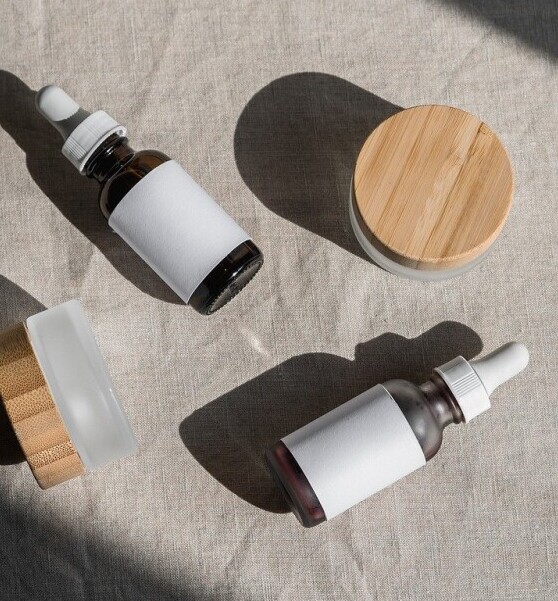
Do you want to rejuvenate your skin with peptides serum? Then this post is for you. Peptides are the unsung heroes of modern skincare. These tiny proteins or chains of amino acids are like messengers, instructing skin cells to perform certain functions that keep our skin looking youthful and firm. One of their standout roles? Encouraging our skin to produce more collagen, the protein responsible for maintaining its structure and elasticity.
There are a bunch of peptide serums out there to explore. From copper peptides that are said to promote healing to palmitoyl pentapeptides that may stimulate collagen production, each type brings its own perks. But when it comes to the best peptide for aging skin, experts often rave about matrixyl (or palmitoyl pentapeptide-4) due to its impressive track record for reducing wrinkles and improving skin’s texture.
Using peptide serums isn’t just a trendy thing to do. It’s backed by science and dermatologists who often include them in their top recommendations for anti-aging regimens. Incorporating peptides can be a game-changer, giving skin that bounce-back resilience we all crave as time marches on.
Do Peptides Really Work: Exploring the Evidence
Peptides have gained a reputation for being little miracle workers in skincare, but do they really live up to the hype? Clinical studies often show promising results, demonstrating that peptides can visibly reduce wrinkles and improve skin texture over time. These studies lend credibility to peptide serums as a worthy addition to any skincare routine targeting aging.
It’s not just the science backing up these claims. Real-life users swear by peptide serums, sharing success stories about smoother skin and a rejuvenated appearance. These positive experiences make a strong case for incorporating peptides into daily skincare regimens. I personally, have seen a difference using peptides. My orange peel-looking skin on my cheeks has become a little smoother.
When stacked up against other popular anti-aging ingredients like retinoids or vitamin C, peptides hold their ground. They offer a gentler approach to boosting collagen production, which is great news for those with sensitive or dry skin types.
But can peptides truly reverse aging? That’s a bit of a stretch. While they can’t turn back the clock entirely, they can certainly help slow down the skin’s aging process. By improving elasticity and reducing fine lines, peptides enhance the skin’s overall look, making it appear more youthful and vibrant. So while they may not be a fountain of youth, they are a pretty solid option for keeping skin in top shape.
Potential Downsides: Weighing the Negatives of Peptides
While peptides have many fans, they do come with some potential downsides. It’s important to be aware of these before jumping into your new skincare groove. Some people might experience irritation or redness, particularly if their skin is on the more sensitive side. Patch testing is a smart move if you’re trying a new product.
Not every peptide serum works the same magic on everyone. Some folks might not notice a huge difference, which can be down to how the product is formulated or individual skin type differences. It’s often a bit of a trial-and-error process to find the peptide product that clicks with your skin.
Another point to consider: not all peptides are created equal. Natural peptides are generally well-tolerated, but synthetic versions can sometimes cause issues depending on the individual. The best approach is to look for products with a good reputation and, if possible, seek professional advice.
If you know your skin can get tetchy, don’t worry too much! You might want to pair peptides with more soothing ingredients to help balance things out. Paying attention to how your skin responds is the key to incorporating peptides smoothly into your regimen.
Maximizing the Benefits: Incorporating Peptides into Your Skincare Regimen
Choosing the right peptide serum is a pivotal step in optimizing your skincare game. With so many options, focusing on your specific skin type and needs will help narrow it down. Oily skin might love a lightweight formula, while drier skin types may benefit from something more hydrating.
Once you’ve picked your serum, application is key. Most experts suggest applying peptides after cleansing and before moisturizing. This way, they can be absorbed efficiently without any interference from creams or oils.
Teaming peptides with other ingredients can take your skincare routine to the next level. Vitamin C can boost brightening, while hyaluronic acid provides that extra moisture kick. However, finding the right combo sometimes means trial and error.
Skincare works best with consistency. Like going to the gym, results from peptides show up with regular use. Keeping up your routine, even on lazy days, will sustain and enhance the benefits over time, making sure your skin looks and feels its best every day.
